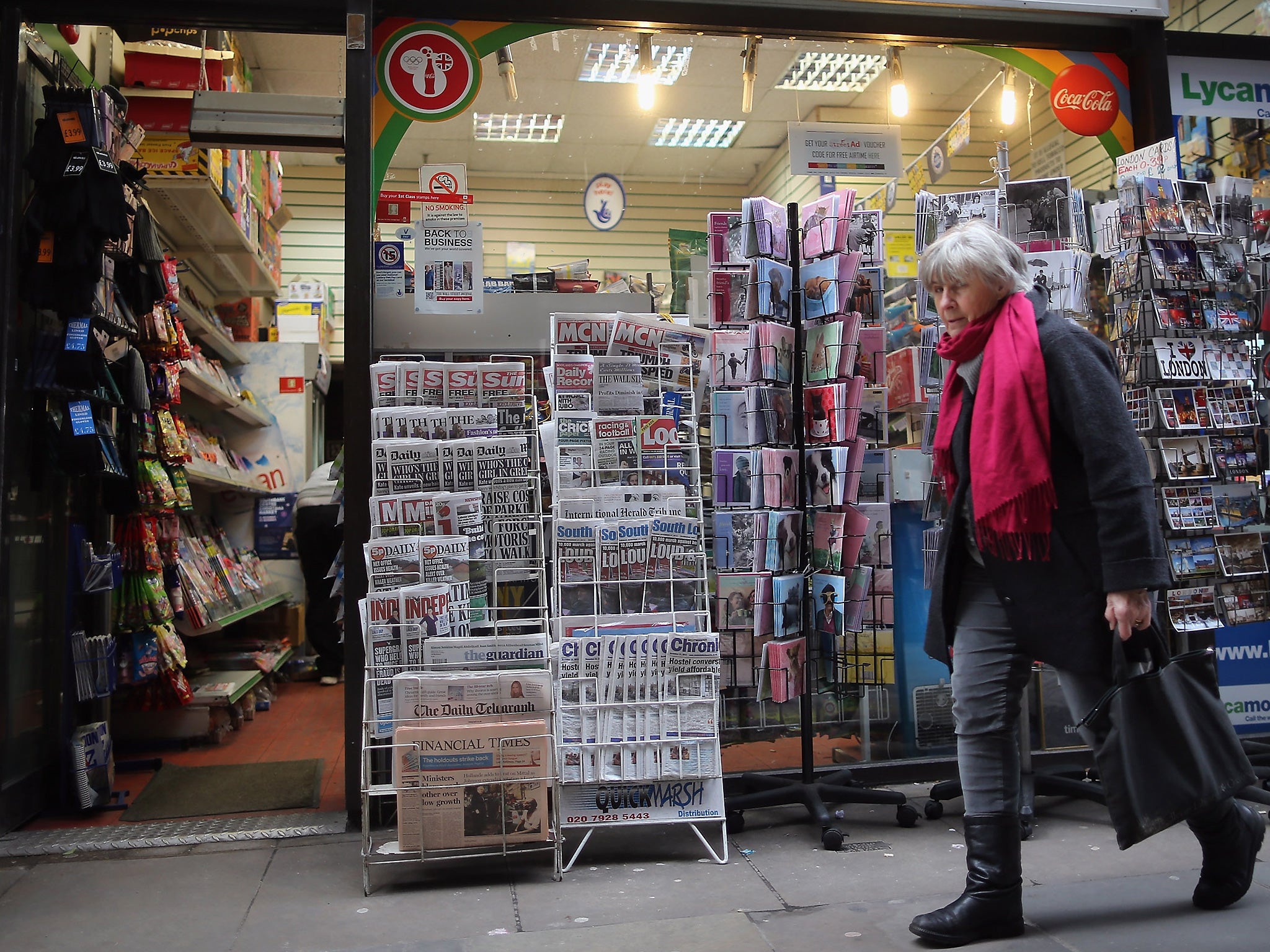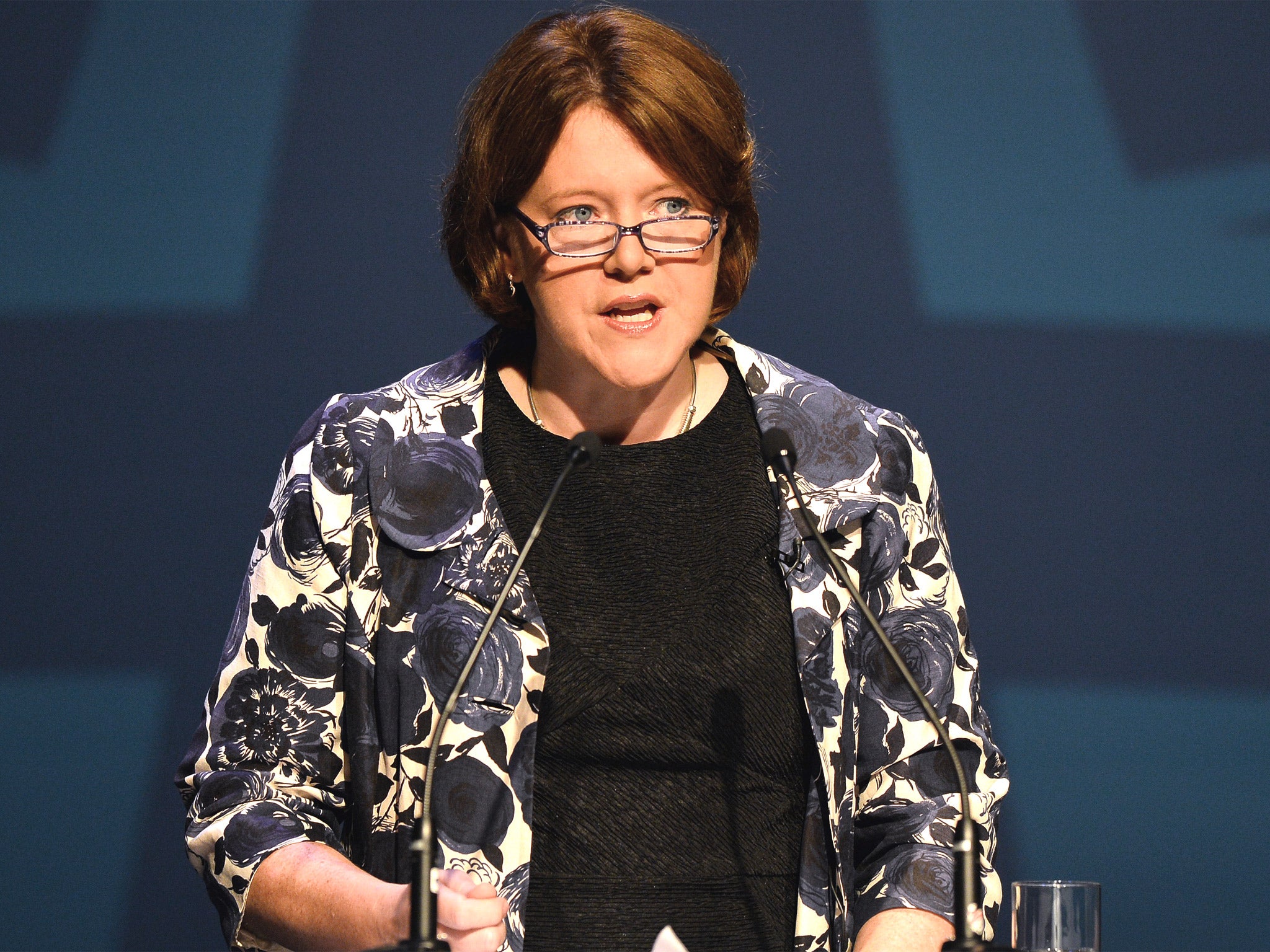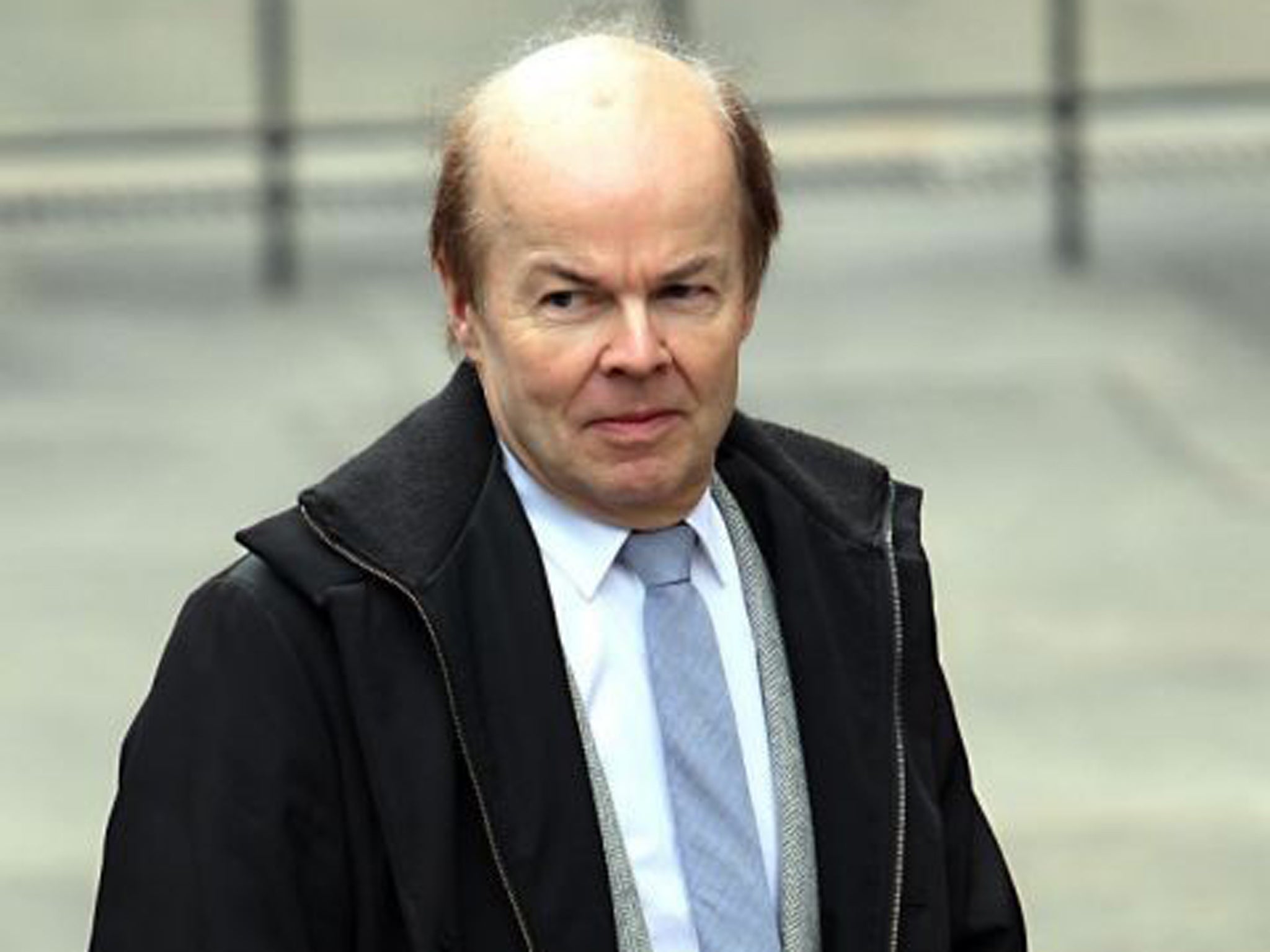Press reform: Tighter regulation planned for Britain 'poses worldwide threat'
Global organisation for newspaper publishers highlights 'lack of any real guarantees enshrining press freedom'

The global organisation for newspaper publishers has questioned Britain's reputation as a beacon of free media in a stinging rebuke to the Government over its plans to reform the press.
The World Association of Newspapers and News Publishers (WAN-IFRA) said that British plans to introduce tighter regulation of the press through a Royal Charter posed a "worldwide" threat to international press freedom.
"Given the UK's continued influence over developing nations where media are essential for the spread of democratic values, the future of a free, independent press that can hold power to account is under threat worldwide," it said.
In a long report which follows a fact-finding mission in which its delegation met with Culture Secretary Maria Miller, newspaper publishers and press reformers including the Hacked Off campaign, WAN-IFRA expressed "serious concerns" over the proposed reforms.
"The lack of any real guarantees enshrining press freedom continues to expose journalism in the United Kingdom to great uncertainty, as there is nothing benign in a system that invites even the possibility of tighter restrictions on freedom of expression," said Vincent Peyrègne, chief executive of WAN-IFRA.
The Paris-based organization called on the UK Government to "reiterate clearly to the international community that it continues to support a free and independent press". It also warned other countries "not to transpose like-for-like the British model of regulation".
The findings come a year after the publication of the Royal Charter on 18 March 2013, following Lord Justice Leveson's long public inquiry into the state of the British press.

Little progress has been made in turning the Royal Charter into a new regulatory system and no major press publisher has indicated that it will sign up to the plan.
The newspaper industry is meanwhile setting up its own Independent Press Standards Organisation as a replacement to the existing Press Complaints Commission.
The Society of Editors today seized on the WAN-IFRA findings as evidence that politicians were compromising the workings of a free press.
"The conclusions of such a distinguished international organisation about press freedom in the UK is a sad and damning indictment of the political classes in a country that prides itself on being the mother of modern democracy," said Bob Satchwell, the society's Executive Director.
"No wonder journalists across the world and especially the Commonwealth, are concerned that Britain, which lectures other countries about press freedom, has after 300 years taken a retrograde step in its own backyard."
He called on ministers to "take note of the call to support a free and independent press internationally and back their statements with action at home to support rather than punish journalism".

Mr Satchwell said: "At a time so many countries continue to try to restrict the media no wonder the report says the British government must take steps to ensure that it upholds the high standards of press freedom expected from a leading democracy with a long tradition of guarding these values."
But Hacked Off claimed that WAN-IFRA had merely reflected the views of "scaremongering" newspaper publishers in Britain.
"We are disappointed because Hacked Off gave them the opportunity to hear from victims of press abuse1 about the need for change in Britain and the very modest nature of the changes that have been adopted - but they have ignored this entirely in their report," said Hacked Off Director Brian Cathcart. "We are not surprised because this is, after all, a trade body of which the big British newspaper groups are leading members and because WAN-IFRA showed that its mind was made up even before the mission arrived."
Retired schoolteacher Christopher Jefferies, a victim of press abuse, also expressed disappointment with the report after having given evidence to the WAN-IFRA party. "It is disappointing that a delegation that supposedly came to find facts has failed so badly to understand what has happened," he said. "Our institutions have acted very cautiously to ensure that, while necessary steps are taken to protect ordinary people from abuse by newspapers, freedom of expression is also safeguarded. Almost everybody in this country with the exception of the big national newspaper companies understands this."
Join our commenting forum
Join thought-provoking conversations, follow other Independent readers and see their replies
Comments
Bookmark popover
Removed from bookmarks